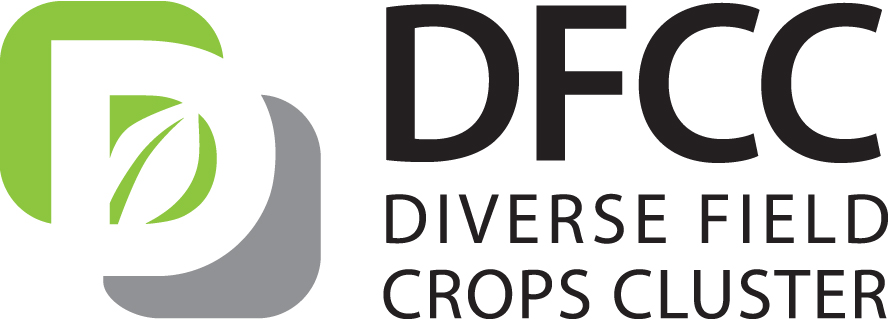Watch for Canary seed (alpiste) as a new food ingredient
Saskatchewan is a leading producer of canary seed and has benefited from the crop’s long-stable birdseed market. But is there more to this seed than meets the eye?
Historically, canary seed was deemed unsuitable for the human food market due to the presence of irritating, hair-like fibres on its hull. In the 1990’s, a team led by Pierre Hucl at the University of Saskatchewan’s Crop Development Centre developed the first glabrous (hairless hull) canary seed, opening up all kinds of new possibilities for the crop.
Now canary seed has attracted the attention of the food ingredient market for its starch and protein composition as well as its healthful fibre. In 2016, Health Canada approved the grain as a novel food item and the United States Food and Drug Administration granted it GRAS (Generally Recognized as Safe) status.
Nancy Ames is a research scientist with Agriculture and Agri-Food Canada who is leading an ambitious research project aimed at developing canary seed processing methods, evaluating the nutritional and functional properties of the grain, and ensuring consumer acceptance of canary seed products.
The project is part of the Diverse Field Crops Cluster (DFCC) program, which supports research and development initiatives designed to add value to high-potential crops.
The research team has already developed an effective dehulling method suitable for canary seed varieties. “It was important to find a procedure that would be consistent for our research and could help guide industry,” says Ames. “We found an ideal procedure and then we went on to make sure that the different cultivars in our study would respond equally well to the method we came up with.”
Once the hull could be removed, Ames’ team started looking into heat treatment options for “whole grain” canary seed products as a way to extend shelf life. Whole grain flour products are particularly attractive to both industry and consumer markets.
“We’d like to be able to call the seed products “whole grain,” because it’s an advantage to marketing the products and it’s an advantage from a consumer health perspective,” she says.
The team evaluated steam-conditioning treatments in their lab and enlisted the help of Saskatoon-based InfraReady Products (1998) Ltd. for evaluating micronization treatments. After comparing several protocols for applying heat processing to canary seed, “we now have selected the ideal conditions,” says Ames.
The project is now moving into the next phase: shelf life and sensory studies.
The team will investigate the effects of different flour storage scenarios on shelf life stability to ensure canary seed products can withstand real-world conditions. To make sure the product maintains its quality over time, Ames intends to evaluate the shelf life of canary seed flour created from the various heat-treated whole grains.
“We will look at multiple indicators of degradation,” she says. “We’re going to heat-process different varieties and compare them to unprocessed materials.”
“We also need to know about the sensory properties,” explains Ames. The Manitoba Food Development Centre will assist in this part of the project to ensure the flour products meet consumer expectations in areas such as taste, smell, and appearance.
Canary seed may have had a hairy start, but this research will make for a smooth transition into the expanding global food market. For human food, it will be marketed under the Spanish name alpiste.
Written by Janna Moats
____________________
This DFCC activity is led by the Canary Seed Development Commission of Saskatchewan with funding from Agriculture and Agri-Food Canada’s Canadian Agricultural Partnership program, Canary Seed Development Commission of Saskatchewan, Western Grains Research Foundation, and InfraReady Products (1998) Ltd.
The Diverse Field Crops Cluster (DFCC) is a unique alliance of industry partners: Canadian Hemp Trade Alliance, Canary Seed Development Commission of Saskatchewan, Saskatchewan Flax Development Commission, Smart Earth Camelina Corporation, Manitoba Crop Alliance, Mustard 21 Canada Inc, and Northern Quinoa Production Corporation. DFCC aligns industry and research stakeholders to seize market opportunities and accelerate the acreage and market returns of special crops. Ag-West Bio leads this five-year research cluster which is funded by Agriculture and Agri-Food Canada’s Canadian Agricultural Partnership program and industry partners.

